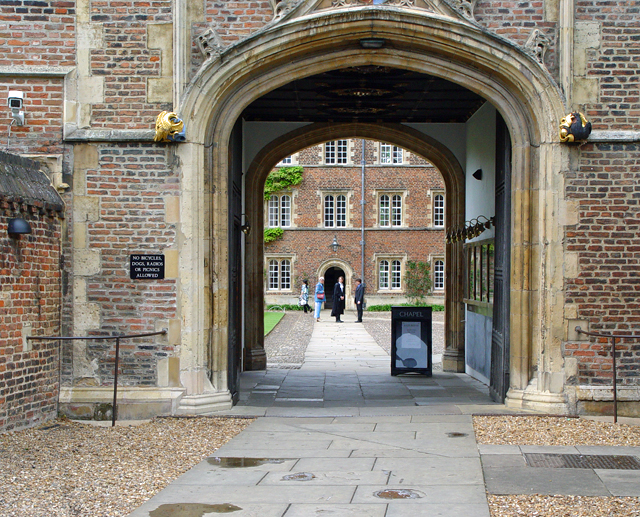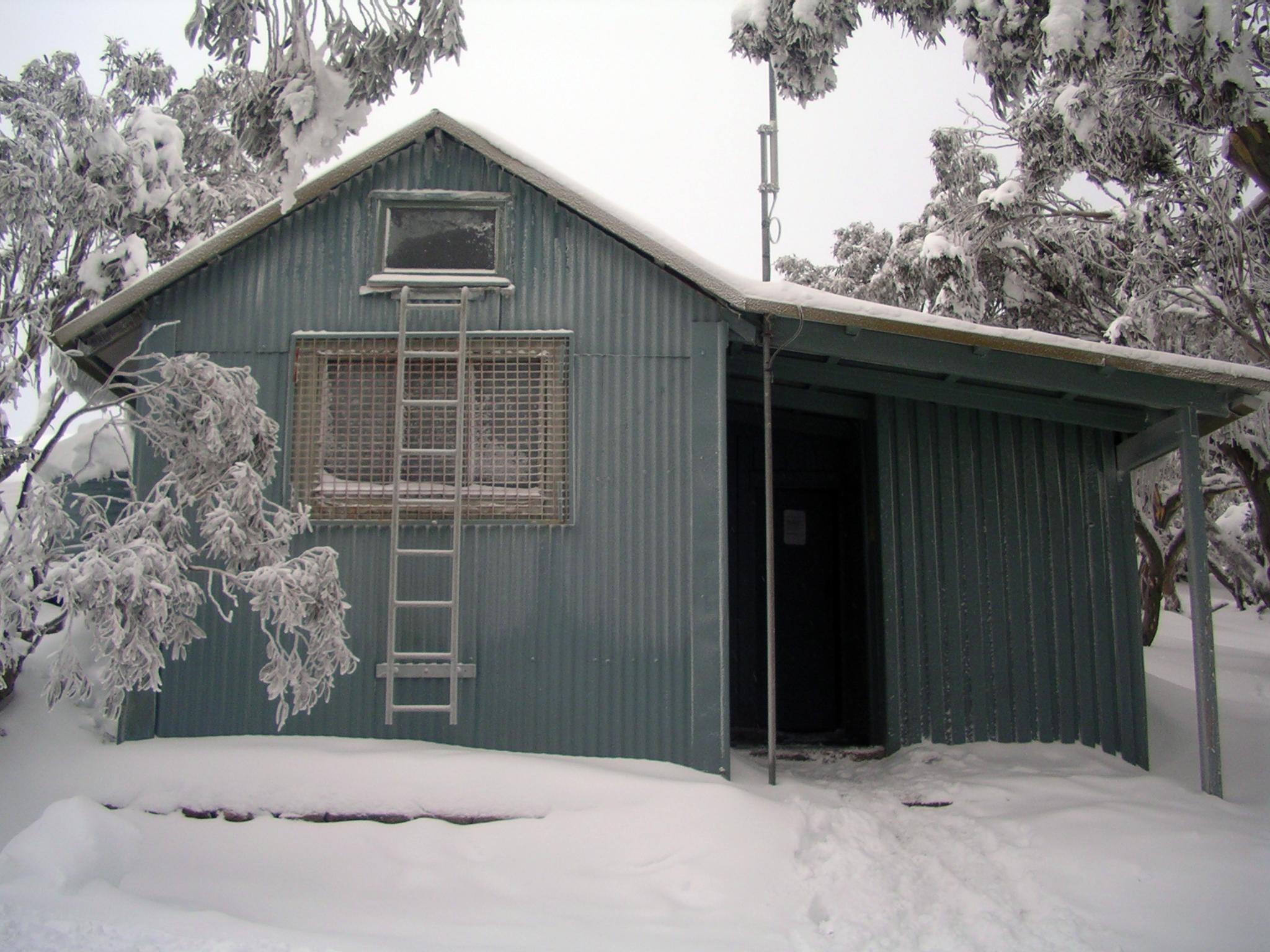|
The Boat Race 1879
The 36th Boat Race took place on 5 April 1879. The Boat Race is an annual side-by-side rowing race between crews from the Universities of Oxford and Cambridge along the River Thames. Each crew contained four Blues. In a race umpired by former Oxford rower Joseph William Chitty, Cambridge led all the way, and won by a margin of three lengths in a time of 21 minutes 18 seconds. The victory took the overall record to 18–17 in Oxford's favour. Background The Boat Race is a side-by-side rowing competition between the University of Oxford (sometimes referred to as the "Dark Blues") and the University of Cambridge (sometimes referred to as the "Light Blues"). The race was first held in 1829, and since 1845 has taken place on the Championship Course on the River Thames in southwest London. Cambridge went into the race as reigning champions, having won the previous year's race by ten lengths. However Oxford held the overall lead, with 18 victories to Cambridge's 16 (exc ... [...More Info...] [...Related Items...] OR: [Wikipedia] [Google] [Baidu] |
Joseph William Chitty
Sir Joseph William Chitty (28 May 1828 – 15 February 1899) was an English cricketer, rower, judge and Liberal politician. Early life Chitty was born in London, the second son of Thomas Chitty (himself son and brother of well-known lawyers), a celebrated special pleader and writer of legal textbooks, under whose teaching many distinguished lawyers began their legal education. Joseph Chitty was educated at Eton College and Balliol College, Oxford, gaining a first-class in Literae Humaniores in 1851, and being afterwards elected to a fellowship at Exeter College. Sporting distinctions Chitty was an all round sportsman with distinctions during his school and college career in athletics. He was a cricket wicket-keeper and played in the Eton v Harrow match in four years, captaining Eton in 1847. He also kept wicket for Marylebone Cricket Club (MCC) in 1846 and 1847. He played for Oxford University in 1848 and 1849, partaking in the Varsity match each year. Oxford won in 1848, ... [...More Info...] [...Related Items...] OR: [Wikipedia] [Google] [Baidu] |
The Boat Race 1874
The 31st Boat Race took place on the 28 March 1874. The Boat Race is an annual side-by-side rowing race between crews from the Universities of Oxford and Cambridge along the River Thames. In a race umpired by former Oxford rower Joseph William Chitty, Cambridge won by three and a half lengths in their fifth consecutive victory. Background The Boat Race is a side-by-side rowing competition between the University of Oxford (sometimes referred to as the "Dark Blues") and the University of Cambridge (sometimes referred to as the "Light Blues"). The race was first held in 1829, and since 1845 has taken place on the Championship Course on the River Thames in southwest London. Cambridge went into the race as reigning champions, having defeated Oxford by three lengths in the previous year's race, while Oxford led overall with sixteen wins to Cambridge's fourteen. Cambridge were coached by John Graham Chambers (who rowed for Cambridge in the 1862 and 1863 races, and was non-ro ... [...More Info...] [...Related Items...] OR: [Wikipedia] [Google] [Baidu] |
Jesus College, Cambridge
Jesus College is a constituent college of the University of Cambridge. The college's full name is The College of the Blessed Virgin Mary, Saint John the Evangelist and the glorious Virgin Saint Radegund, near Cambridge. Its common name comes from the name of its chapel, Jesus Chapel. Jesus College was established in 1496 on the site of the twelfth-century Benedictine nunnery of St Mary and St Radegund by John Alcock, then Bishop of Ely. The cockerel is the symbol of Jesus College, after the surname of its founder. For the 300 years from 1560 to 1860, Jesus College was primarily a training college for Church of England clergy. Jesus College has assets of approximately £344m making it Cambridge's fourth-wealthiest college. The college is known for its particularly expansive grounds which include its sporting fields and for its close proximity to its boathouse. Three members of Jesus College have received a Nobel Prize. Two fellows of the college have been appointed to the I ... [...More Info...] [...Related Items...] OR: [Wikipedia] [Google] [Baidu] |
Geelong Grammar School
, motto_translation = 1 Corinthians 1:30: "For us, Christ was made wisdom"(1 Corinthians 1:30: Christ, who has been made for us in wisdom) , city = Corio, Victoria , country = Australia , coordinates = , type = Independent, co-educational, day and boarding , denomination = Anglican , established = , founder = Theodore Carlos Benoni Stretch , chairman = Jeremy D. Kirkwood , principal = Rebecca Cody , years = ELC–12 , gender = Co-educational , enrolment = 1,433 (ELC–12) , colours = Eton blue , slogan = Exceptional Education , head_label = Principal , affiliation = Associated Public Schools of Victoria , homepage = Geelong Grammar School is an independent Anglican co-educational boarding and day school. The school's main campus is located in Corio on the northern outskirts of Geelon ... [...More Info...] [...Related Items...] OR: [Wikipedia] [Google] [Baidu] |
Victoria (Australia)
Victoria is a state in southeastern Australia. It is the second-smallest state with a land area of , the second most populated state (after New South Wales) with a population of over 6.5 million, and the most densely populated state in Australia (28 per km2). Victoria is bordered by New South Wales to the north and South Australia to the west, and is bounded by the Bass Strait to the south (with the exception of a small land border with Tasmania located along Boundary Islet), the Great Australian Bight portion of the Southern Ocean to the southwest, and the Tasman Sea (a marginal sea of the South Pacific Ocean) to the southeast. The state encompasses a range of climates and geographical features from its temperate coastal and central regions to the Victorian Alps in the northeast and the semi-arid north-west. The majority of the Victorian population is concentrated in the central-south area surrounding Port Phillip Bay, and in particular within the metropolit ... [...More Info...] [...Related Items...] OR: [Wikipedia] [Google] [Baidu] |
Coxswain (rowing)
In a rowing crew, the coxswain ( ; colloquially known as the cox or coxie) is the member who does not row but steers the boat and faces forward, towards the bow. The coxswain is responsible for steering the boat and coordinating the power and rhythm of the rowers. In some capacities, the coxswain is responsible for implementing the training regimen or race plan. Most coaches cannot communicate to boat/coxswain, so the coxswain is the "coach" in the boat. A coxswain is necessary in the first place because the rowers sit with their backs to the direction of travel. In most racing, coxswains may be of either sex regardless of that of the rowers, and in fact are very often women, as the desired weight of a cox is generally as close to 125 lbs (USRowing) / 55 kg (World Rowing Federation) as possible; far more females than males fulfill that qualification (see Sex, and Weight, below). Role The role of a coxswain in a crew is to: * Keep the boat and rowers safe at all times by pr ... [...More Info...] [...Related Items...] OR: [Wikipedia] [Google] [Baidu] |
Pound (mass)
The pound or pound-mass is a unit of mass used in British imperial and United States customary systems of measurement. Various definitions have been used; the most common today is the international avoirdupois pound, which is legally defined as exactly , and which is divided into 16 avoirdupois ounces. The international standard symbol for the avoirdupois pound is lb; an alternative symbol is lbm (for most pound definitions), # ( chiefly in the U.S.), and or ″̶ (specifically for the apothecaries' pound). The unit is descended from the Roman (hence the abbreviation "lb"). The English word ''pound'' is cognate with, among others, German , Dutch , and Swedish . These units are historic and are no longer used (replaced by the metric system). Usage of the unqualified term ''pound'' reflects the historical conflation of mass and weight. This accounts for the modern distinguishing terms ''pound-mass'' and '' pound-force''. Etymology The word 'pound' and its cognates ultim ... [...More Info...] [...Related Items...] OR: [Wikipedia] [Google] [Baidu] |
Stone (unit)
The stone or stone weight (abbreviation: st.) is an English and imperial unit of mass equal to 14 pounds (6.35 kg). The stone continues in customary use in the United Kingdom for body weight. England and other Germanic-speaking countries of northern Europe formerly used various standardised "stones" for trade, with their values ranging from about 5 to 40 local pounds (roughly 3 to 15 kg) depending on the location and objects weighed. With the advent of metrication, Europe's various "stones" were superseded by or adapted to the kilogram from the mid-19th century on. Antiquity The name "stone" derives from the use of stones for weights, a practice that dates back into antiquity. The Biblical law against the carrying of "diverse weights, a large and a small" is more literally translated as "you shall not carry a stone and a stone (), a large and a small". There was no standardised "stone" in the ancient Jewish world, but in Roman times stone weights were c ... [...More Info...] [...Related Items...] OR: [Wikipedia] [Google] [Baidu] |
The Boat Race 1852
The 11th Boat Race took place on the River Thames on 3 April 1852. Typically held annually, the event is a side-by-side rowing race between crews from the Universities of Oxford and Cambridge. Former Cambridge cox Thomas Selby Egan coached Oxford, the first time that either crew had been trained by a member of the opposing university. The race was won by Oxford, their first Boat Race victory at Easter, who triumphed over Cambridge by nine lengths. Background The Boat Race is a side-by-side rowing competition between the University of Oxford (sometimes referred to as the "Dark Blues") and the University of Cambridge (sometimes referred to as the "Light Blues"). The race was first held in 1829, and since 1845 has taken place on the Championship Course on the River Thames in southwest London. Oxford went into the race as reigning champions, having defeated Cambridge, who were disqualified, in the previous race held in December 1849. Cambridge led overall with seven wins ... [...More Info...] [...Related Items...] OR: [Wikipedia] [Google] [Baidu] |
The Boat Race 1849 (December)
The 10th Boat Race took place on the River Thames on 15 December 1849. Typically held annually, the event is a side-by-side rowing race between crews from the Universities of Oxford and Cambridge. The race ended with Oxford declared winners after Cambridge were disqualified. It is the only time the Boat Race has been held twice in a calendar year, and is also the only time the event has been decided as a result of a disqualification. Background The Boat Race is a side-by-side rowing competition between the University of Oxford (sometimes referred to as the "Dark Blues") and the University of Cambridge (sometimes referred to as the "Light Blues"). The race was first held in 1829, and since 1845 has taken place on the Championship Course on the River Thames in southwest London. Cambridge had beaten Oxford "easily" in the race earlier that year. It was as a result of the manner of the defeat, and with doubts over the construction of the Oxford boat that they issued a c ... [...More Info...] [...Related Items...] OR: [Wikipedia] [Google] [Baidu] |







